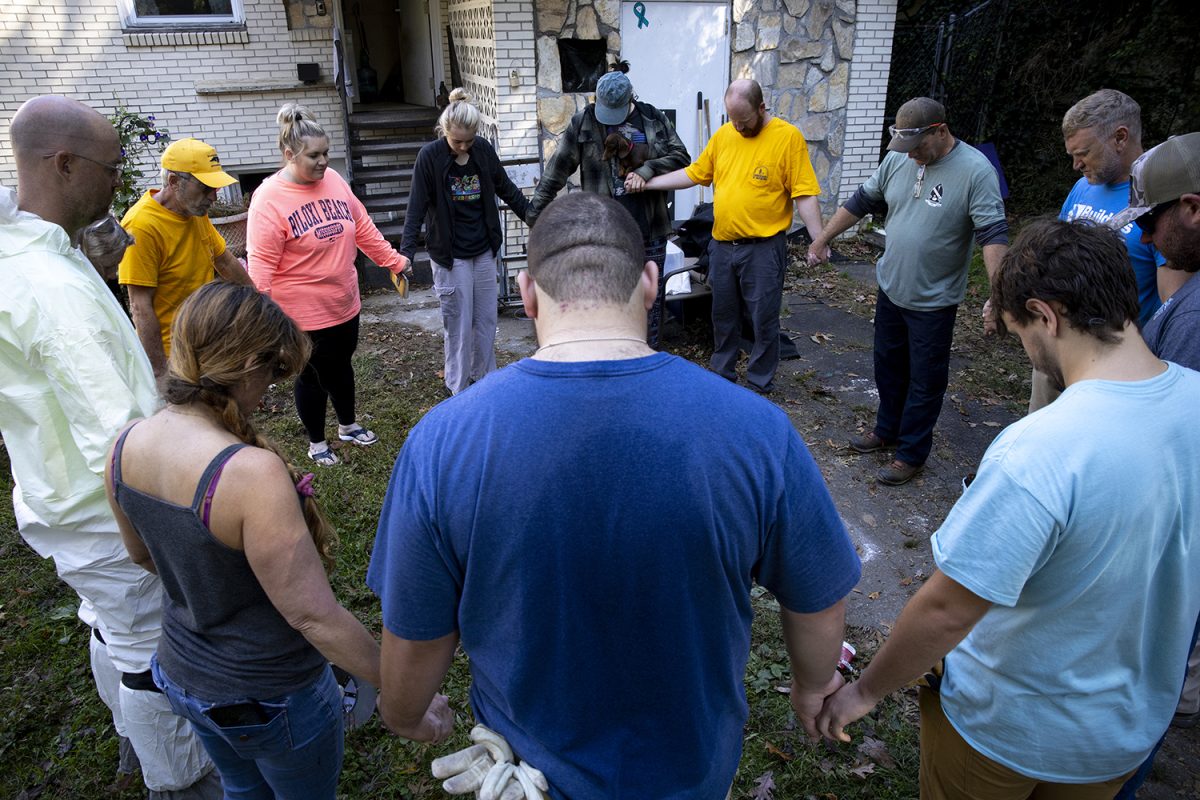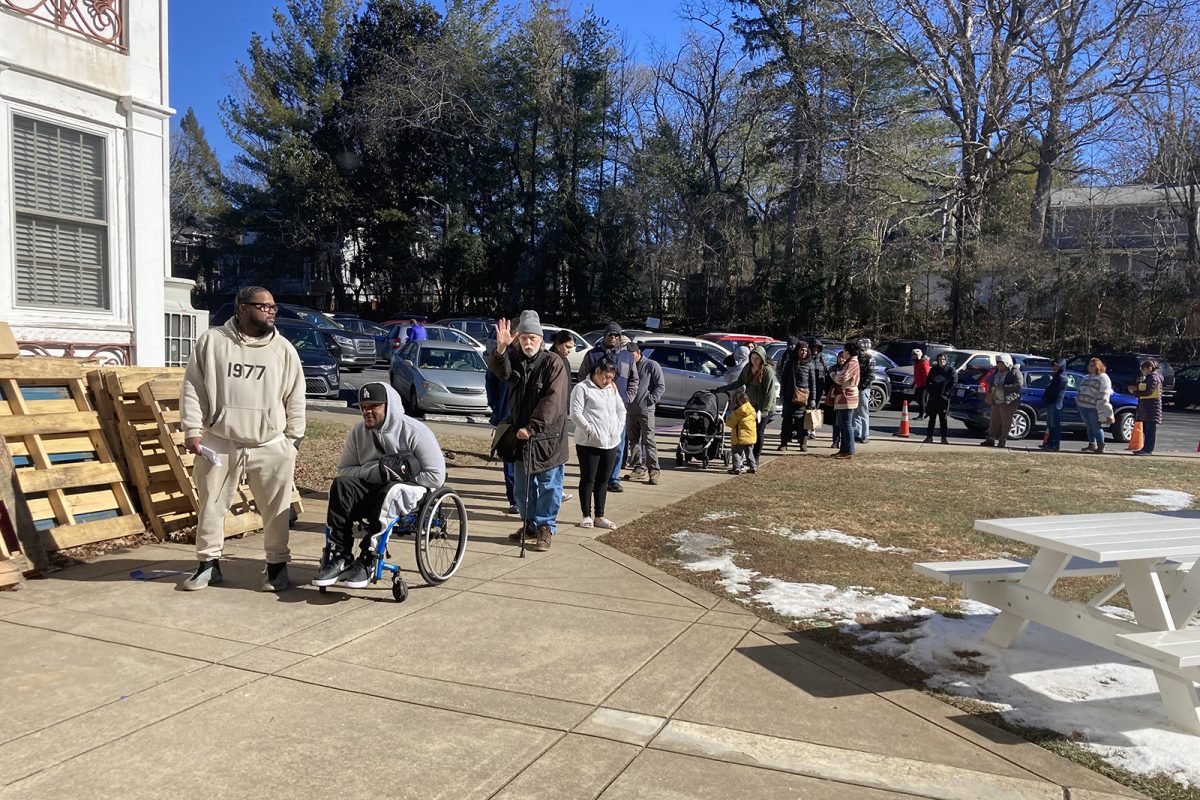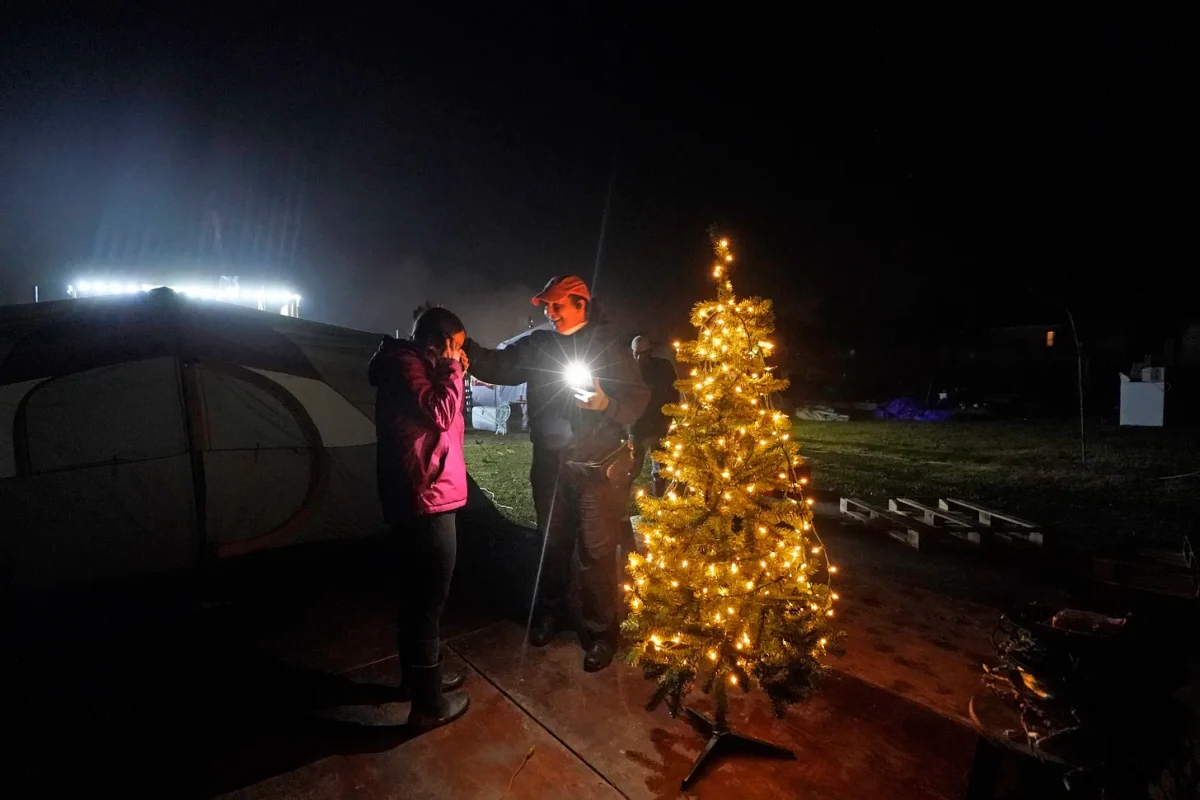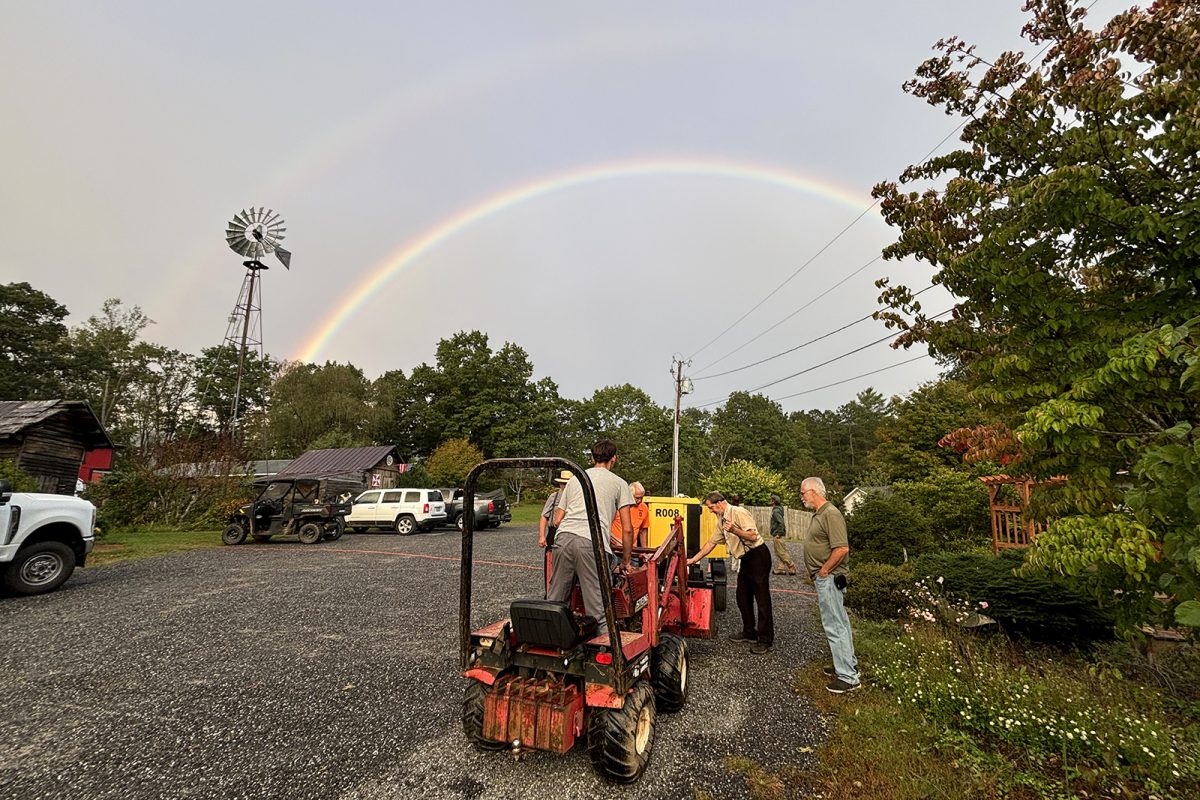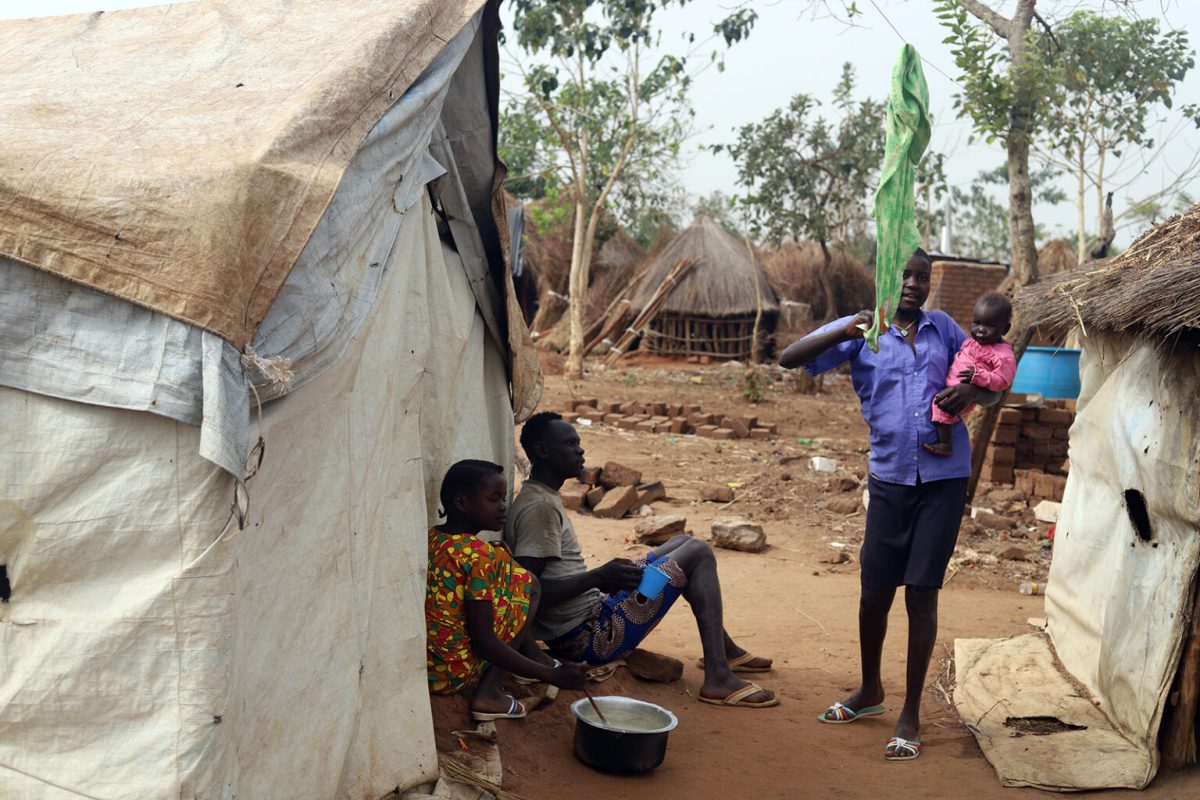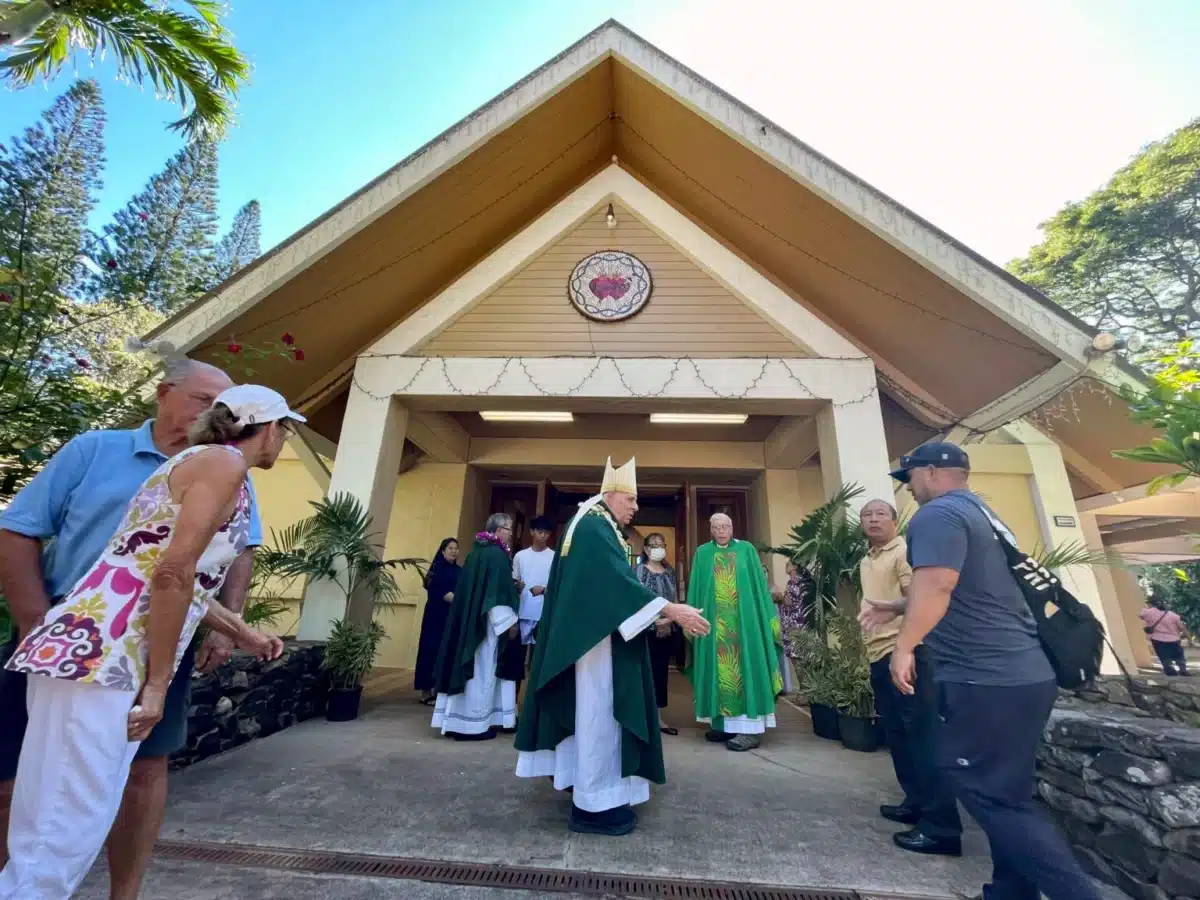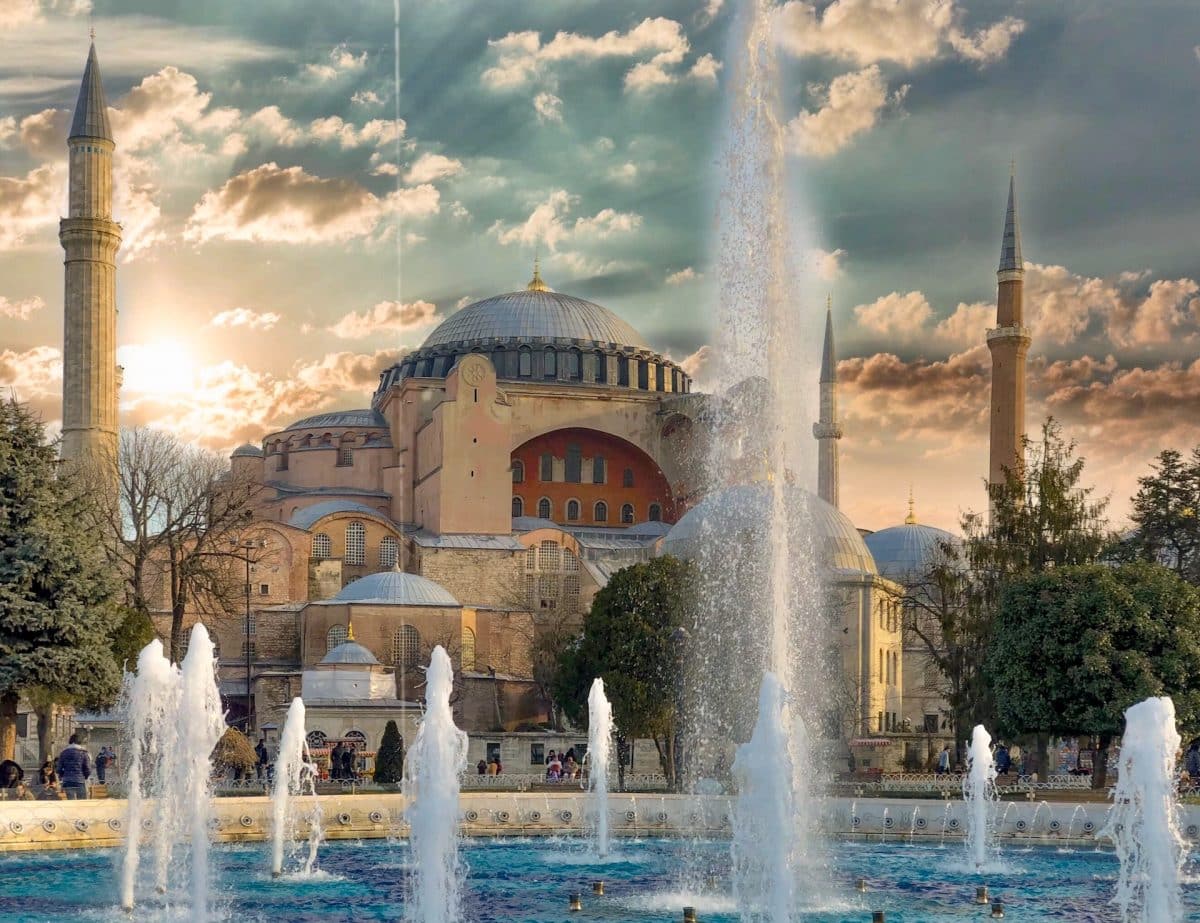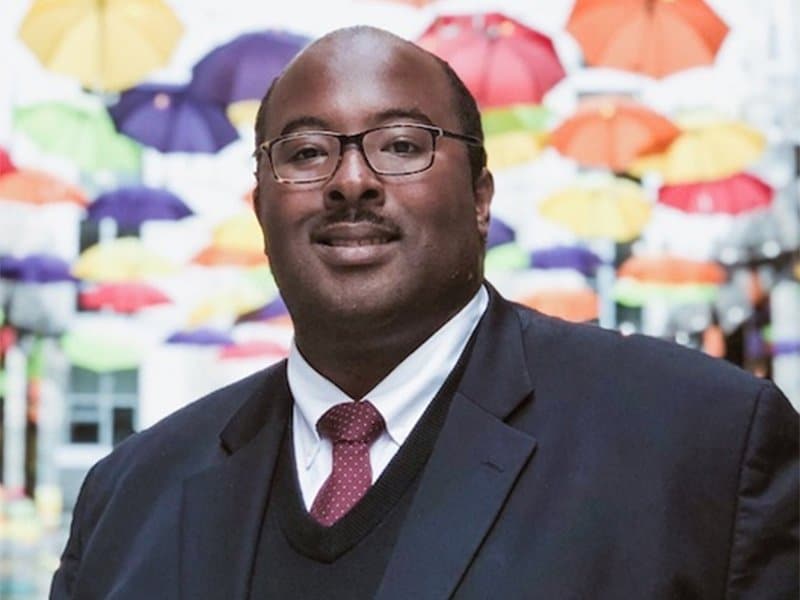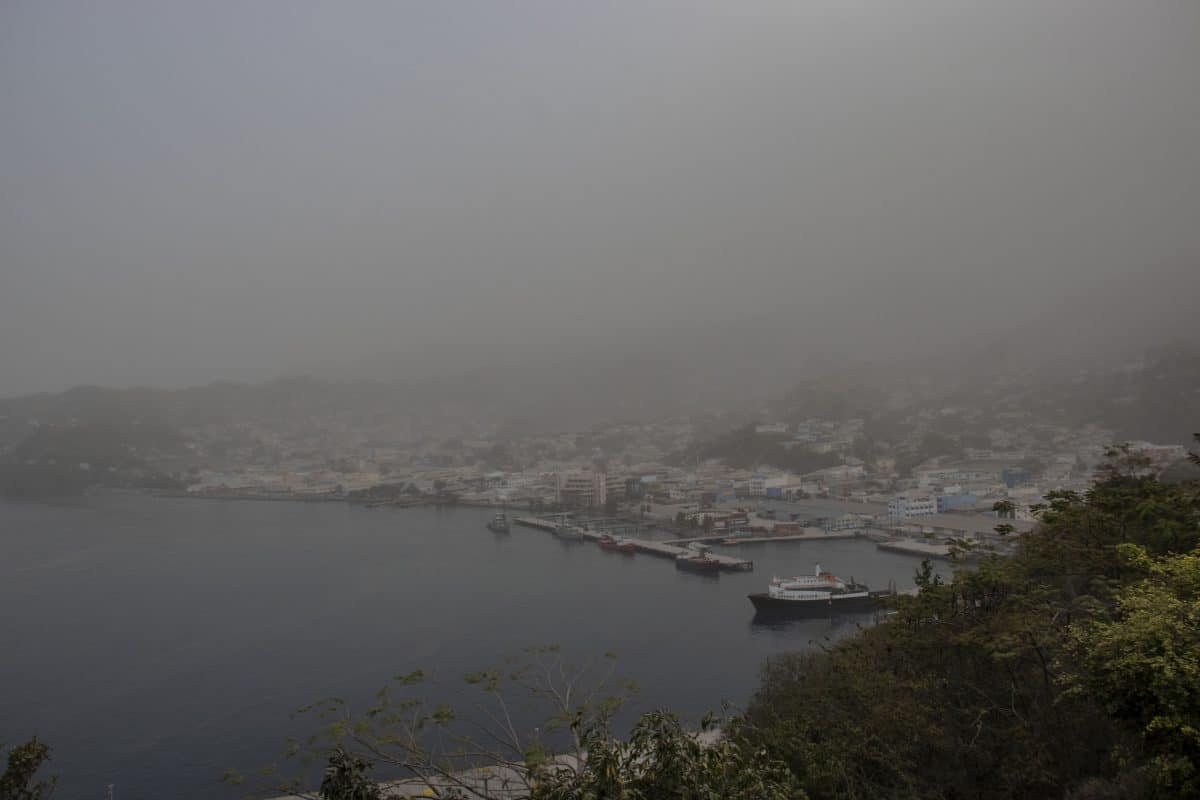As Trump Officials Demonize Faith-Based Partners, Government Grants Are Called Heresy
Faith groups have long received government grants to feed the hungry, respond to disasters, and assist those in need — but recent comments from Trump administration officials have cast such grants in a bad light.

